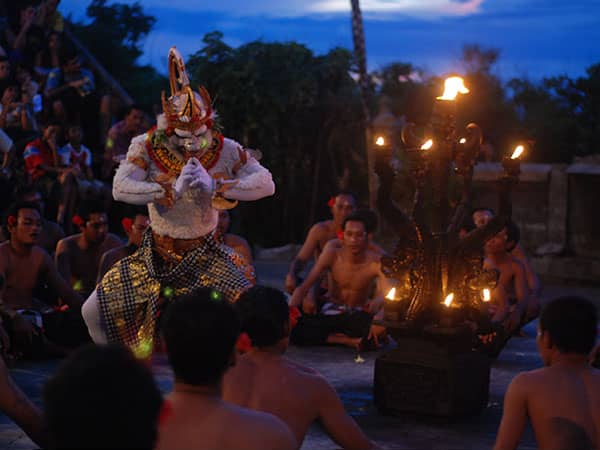New Delhi--President K. R. Narayanan in his farewell address on Tuesday appealed to the nation to guard the tradition of tolerance, which he said constitutes the soul of India's culture and civilization and the spirit of its Constitution.
Describing this tradition of tolerance as the secret of India's successful democracy and the unity of the vast country, Narayanan said, "It is important for us today to introspect and realize that what makes India's unity and democracy credible and enduring is this precious tradition of tolerance."
Suggesting that provisions in the country's social and economic policies and programmes must be strengthened, expanded and implemented sincerely to improve the conditions of all marginalized sections, the President stressed, "Above all, we should safeguard the unity of India and the democratic order that has elicited a sense of wonder and admiration from the world. At the base of our unity is our tradition of tolerance, religious tolerance, and communal and social amity."
Quoting Swami Vivekanand from his address to the World Parliament of Religions in Chicago in 1893, Narayanan said, "He said he was proud that he came from India, the wonderful land of tolerance, where the Hindus built mosques for the Muslims and churches for the Christians."
Asserting that Vivekanand entertained a vision of an India with a 'Vedantic brain, an Islamic body and a Christian heart', the President said it was in this same spirit that Mahatma Gandhi had declared: 'I do not expect the India of my dreams to develop one religion, wholly Hindu, wholly Christian, or wholly Muslim, but I want it to be wholly tolerant with its religions working side by side with one another."
Bidding an emotional goodbye to the nation, Narayanan thanked the people, their elected representatives, and all political parties for the confidence they had reposed in him. He also extended his heartiest congratulations and a warm welcome to President-elect A.P.J. Abdul Kalam. "I applaud him," he said, "as a distinguished scientist and technologist and as a scholar and a humanist."
Recalling that he enjoyed the privilege of being President during the fiftieth anniversary of the country declaring itself a Republic, Narayanan said it was exciting for him to see India step into the 21st century as the world's largest and most vibrant democracy, as an economic and technological power of significance, and, above all, as a country of one billion people that has achieved self-sufficiency in food for the first time in its modern history.
Asserting that the nation should be proud of the 200 million people who are educated and belong to the entrepreneurial and well-off classes, Narayanan said, "But we should not forget that this educated, well-off class is surrounded and almost besieged by the majority of our people who are poor, ill-fed and illiterate. The economic reforms through liberalization and globalization should not ignore this weaker majority -- the scheduled castes and scheduled tribes, the women who toil day and night and make life worth living in our homes."

